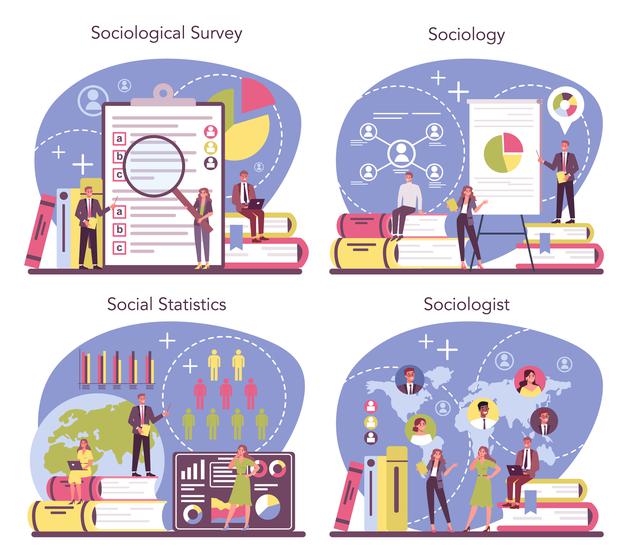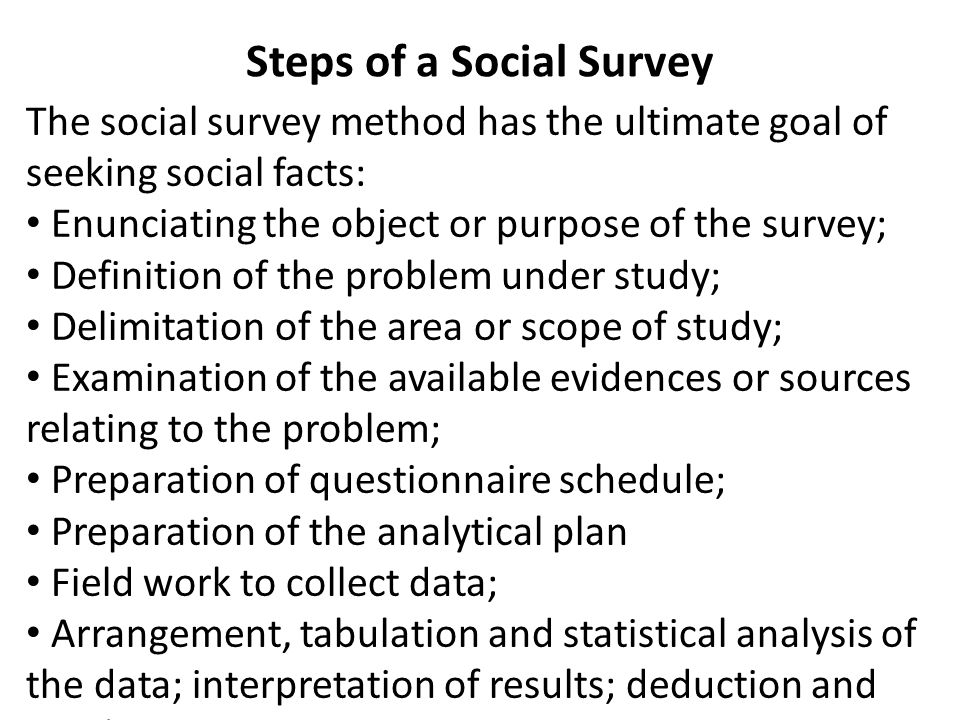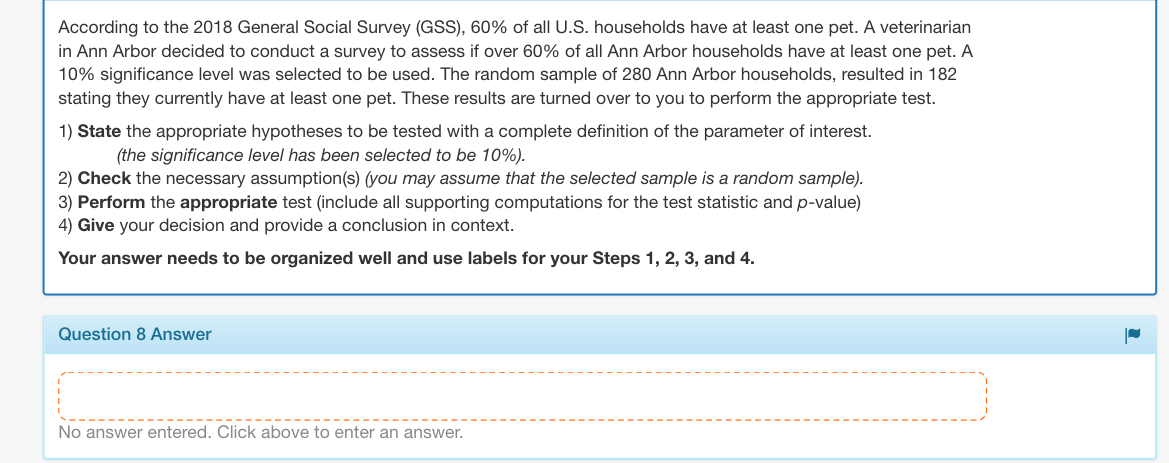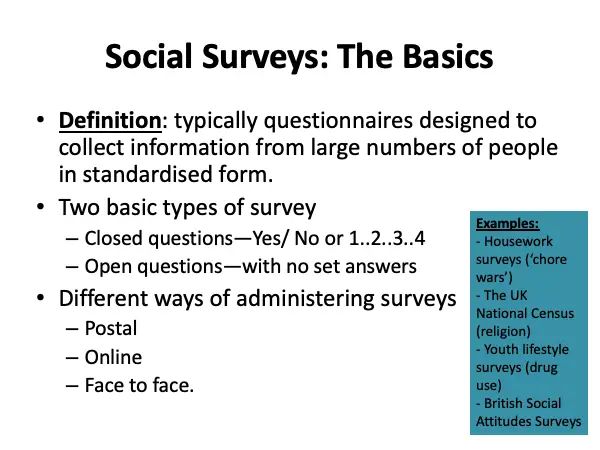A social survey is a research method used to collect and analyze data about individuals and their social, economic, and demographic characteristics. It is a tool used by researchers to understand and describe patterns and trends in society, and to inform policy and decision-making.
There are several types of social surveys, including cross-sectional surveys, longitudinal surveys, and panel surveys. Cross-sectional surveys are conducted at a single point in time and provide a snapshot of the population at that moment. Longitudinal surveys follow the same group of individuals over an extended period of time, allowing researchers to track changes and trends within the population. Panel surveys are a type of longitudinal survey that follows the same group of individuals over multiple waves of data collection.
Social surveys are typically conducted using a variety of methods, including online surveys, phone surveys, and face-to-face interviews. The choice of method depends on the research question, the target population, and the resources available.
One of the key features of social surveys is their representativeness. In order to draw accurate conclusions from the data collected, the sample of individuals participating in the survey must be representative of the larger population being studied. This requires the use of sampling techniques, such as random sampling, to ensure that the sample is representative of the population.
There are several advantages to using social surveys as a research method. They allow researchers to collect large amounts of data from a diverse group of individuals, which can provide a more comprehensive understanding of social trends and patterns. They are also relatively low-cost and quick to conduct, making them a useful tool for researchers with limited resources.
However, social surveys also have their limitations. Respondent bias, where individuals may not accurately report their attitudes or behaviors, can impact the validity of the data collected. Additionally, social surveys rely on self-reported data, which may not always be accurate. Finally, the results of a social survey are only as good as the sample used, and if the sample is not representative of the population, the results may not be generalizable to the larger population.
Overall, social surveys are a valuable tool for understanding and describing patterns and trends in society. While they have their limitations, they provide a useful way for researchers to collect and analyze data from a diverse group of individuals, informing policy and decision-making in a variety of fields.
:max_bytes(150000):strip_icc()/social-media-final-8f48359ac9e7486eaf40932f4a9e2597.png)





